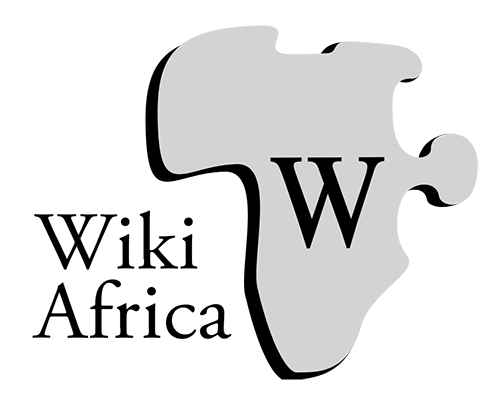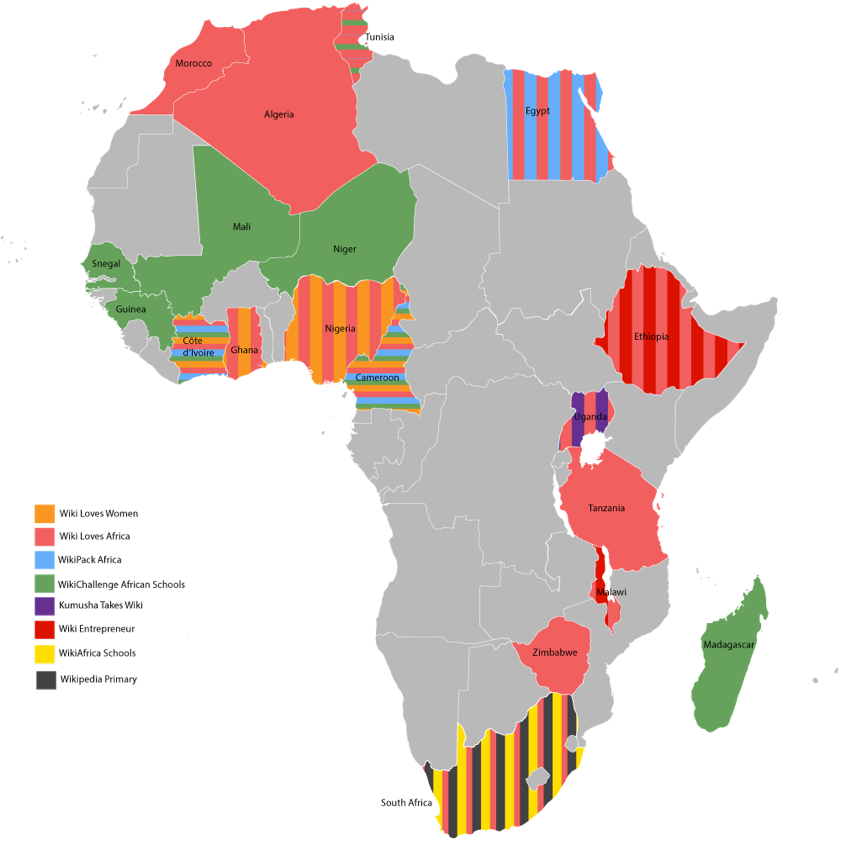Become fluent in Wikipedia
Fluency on the Wikimedia Project websites is important since that will enable you to lead new people to contribute as well. There is basically only one way to get there: contributing yourself!
Contributing is not only about making a few edits per month. It is about getting involved on a daily basis and exploring all types of editing activity (adding content, checking sources, correcting typos, rewriting for better language, fixing vandalism, collaborating with others and so on).
The basic recommendation is that you to make some contributions every single day. Try your best to spend about one hour every day for this. And after following this one-week editing recipe, you should be fluent.
Note too that it is easy to track contributions anyone makes on Wikipedia. So make sure you really use at least one hour per day to do something on the wikimedia projects.
Start the day (every day of the 6 days) by reading the main place for discussion for the community. Engaging in such discussions bring you closer to other community members and improves sharing of ideas. (similar page in French: Le Bistro )
Ideally, make sure to either ask one question, or make one comment in the week. If a news appear interesting to you with regards to the project, please report it on your blog or your social media such as Facebook. If you have access to a group or project blog or a mailing list and allowed to, you may also share to as well.
Lets start with our daily dose of Wikipedia. They are organized in 6 days. Each day, you can spend more than one hour doing the tasks. You are also encouraged to do extensive research when you come across issues you do not understand.
Day 1:
Go through the Recent Changes log (or in French), and check changes being made by others. If you come across any mistakes, do fix them. Don’t hesitate to do the right thing on Wikipedia. Wikipedia is an encyclopedia anyone can edit, thus the power is in your hands to set things right and improve articles. Many users, when new, make mistakes in editing on Wikipedia. Though you are also new, its your opportunity to help set things right. Many of the edits do not need special technical knowledge. Wikipedia loves common sense!
If the edit is completely wrong, revert the edit. If the page was created and contains crap, you can nominate it for quick deletion. In short, do what we call “patrolling”. That is the most basic level of patrolling. Feel free to do it on Wikipedia or on the other projects (it may be easier to do it on a less active project).
Day 2:
When people do patrolling, they actually do more than just “fixing mistake”. They often put maintenance tags. Those have two benefits.
- it informs readers that something might be problematic. And
- it helps editors who are looking for “something to do” to actually do something to help.
So let’s do some “clean up” using maintenance tags. And what’s more? You can read more about Copy Editors. You are on the track to making great edits. To make finding articles that need copyediting, thus the Articles Needing Copy Editing Category. You will be looking out for articles you can fix spelling, grammar, and broken images.
Day 3:
On this day, lets be creative! Our goal will be to improve or create an article of your choice. What are your interests? Is your town or community on Wikipedia? How about sharing that pictures on Wikimedia Commons?
Day 4:
This day will be focused on human relationships. Yes, human relationship on Wikipedia! On Wikipedia, there are projects or portals dedicated to your country. I leave up to you to find them. Study the portals dedicated to your country. Leave a message to introduce yourself. Add yourself as a participant. And engage with other members.
Also, get in touch with those wikipedians that indicated they are from your country. Check if they are still contributing. On which topics.
Drop a message on their talk page. And let the friendship begin. For instance, you can look for Wikipedians in Ethiopia. You country might have such category. Do well to look for yours.
Day 5:
This day will be focused on categories and to do that, we’ll go to Wikimedia Commons. Many files related to your country have been uploaded and simply categorized under something similar to “Uganda” or “Ivory Coast” by editors. The result is that categories such as the Uganda one are filled up with lot’s of media objects which could be categorized in subcategories rather. For instance, an athlete in Uganda may be categorized under the name “Uganda” which instead would be best put in the category, “Uganda Athletes”. There are also many “national archived” images stuck in the Uganda category, that could be moved to a sub category named “Colonial Office” photographic collection” which would be a subcategory of category:Uganda.
So, here is the task: Using the above instance clean-up the categories related to your country so that things are better classified. This is a
on-going clean-up activity usually managed by communists. You may need assistance from the Commons Category page (and in French)
Please do not limit yourself in moving a file from one category to another. Really jump in categories and make sure you understand how to create one, do sub categories, change categories of images… do it till you feel comfortable with that. If you think enabling HotCat in your Preferences will help, you good to do so.
Day 6:
We want to focus on images today. It is always possible to “add” an image in an article. But things get more complex when one want to put it
on the left, or right, make it have a certain size, or a certain description… the idea is to train yourself to become more familiar with this.
Do the work in a draft page in your user space. Add a “fake” article text content. Then using an image, work to place one version on it on
the right, one on the left, big size, small size, with description or without description, with a clickable link, with alignment and flowing
or not. Place a gallery of images at the end of the article. Try it enough so that you feel comfortable with this. Really comfortable.
A decent tutorial on adding pictures into Wikipedia is right there waiting for you to explore. Enjoy!
The above outline was prepared by Florence Devouard



